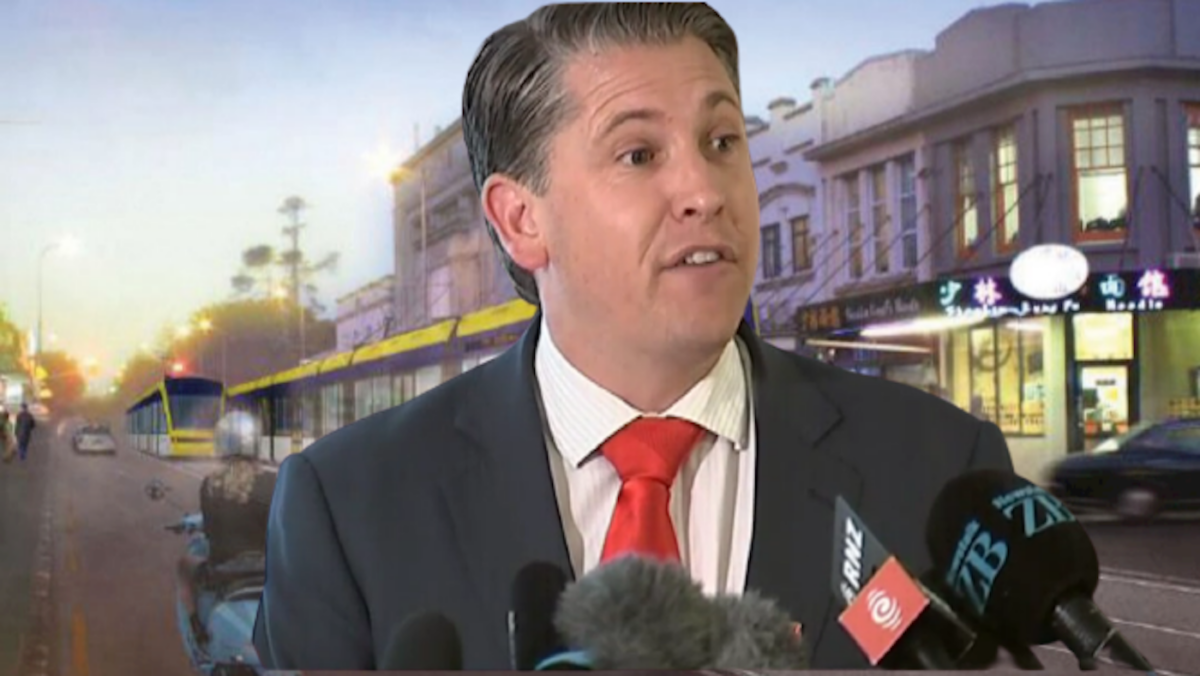The lead article in the Weekend Herald should have taken nobody by surprise. ‘PERFECT STORM’, it blared. ‘PUBLIC TRANSPORT ON BRINK OF COLLAPSE’. Auckland Transport is running out of money to operate its buses, ferries and trains. Who would have thought? The answer is anyone driving around Auckland in a car, which most of us do, and observing the three passengers on average using a bus at any one time.
In most cases there are more wheels on the bus going round than there are passengers. This was the situation even prior to Covid but with Covid came the fear factor with silly rules for using public transport. Until recently the hospitality industry was slow to pick up after the Covid rules affected them. People were obviously scared to mix in a confined space as they were led to believe death might be instantaneous. Public transport is also a confined space but, unlike going to a restaurant if you want to eat out, there are options.
Exploring the options, the car is the most obvious. The central government, local government, Auckland Transport and Simon Wilson of the Herald can continue to behave like ostriches with their heads in the sand but the car will always be king in this city. The topography of the area, the convenience that one needs and the time it takes to get from A to B all favour the car.
The constant refrain we hear that public transport needs to be improved is a fallacy. It is a fallacy based on another fallacy, namely climate change. That is not to say climate change doesn’t exist: it always has and always will. The trouble is governments, councils and individuals have become obsessed with it. Rational thinking on the matter has gone out the door. Improvements in public transport have been made to the point where it is obvious people simply prefer other modes of transport to get around.
To crush yet another fallacy, one of the other modes is not a bicycle. Only last Friday Mike Hosking provided figures on how few cycleways were used, even in Christchurch which is ideal for cycling. Most cycling in this country is recreational, not a means to get to work. The amount of money wasted on cycleways and to a lesser degree walkways, is verging on the criminal. Yet, according to the Herald article, AT is bemoaning the fact they won’t have more money to waste on this nonsense.
According to council papers, $10 million of bus services that few people use could be cut. I could give them another $40 million of cuts if you use three people on board at any one time as the yardstick. Evidently, it costs $500 million annually to run public transport in Auckland. Part, if not most of the problem, is the left’s skewed economic thinking. They regard public transport as a social service rather than as a business. That is fine until you run out of other people’s money to pay for it and, as Margaret Thatcher famously said, “The trouble with socialism is you eventually run out of other people’s money.”
Neither Phil Goff nor AT wants to cut services. Goff says maintaining services enabled a mode shift away from cars, which was critical to reducing emissions and congestion. An excellent example of an obsession with climate change getting in the way of rational thinking. People are choosing not to use most public transport. All the data prove it. The reasons why, I have given above. The ever-increasingly-on-show Minister Michael Wood thinks three months of half-price fares might do it. Just a shame his thinking doesn’t match the shine on his hair.
If Auckland Transport, the government and Auckland Council employed economic logic in their thinking here’s what they would do.
Spend money on what is needed in Auckland:
- A second harbour crossing
- The Mill Road project
- Completing the Eastern Busway
- Extending the Northern Busway to Silverdale
- The east-west link
Don’t waste money on
- Cycleways
- Grossly uneconomic local bus services
- Light rail
Transport spending priorities should be about providing for improved commercial travel times, thereby increasing productivity, rather than something nice to have that only a handful of people will use.

